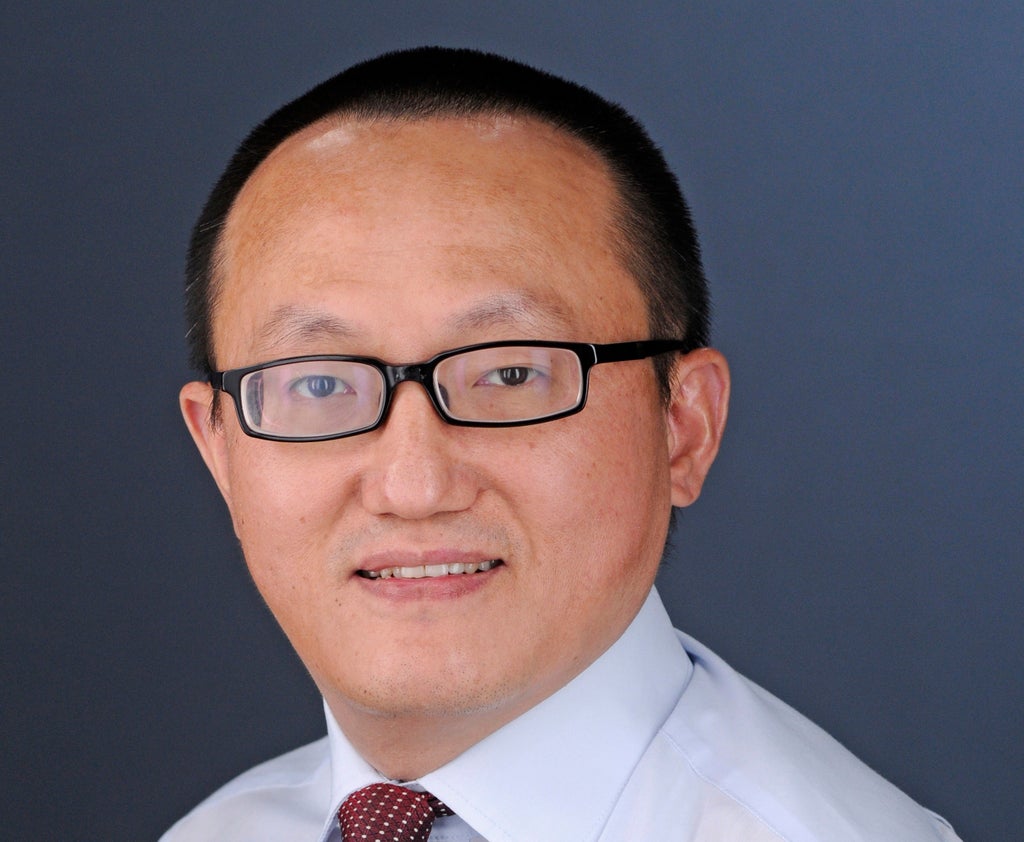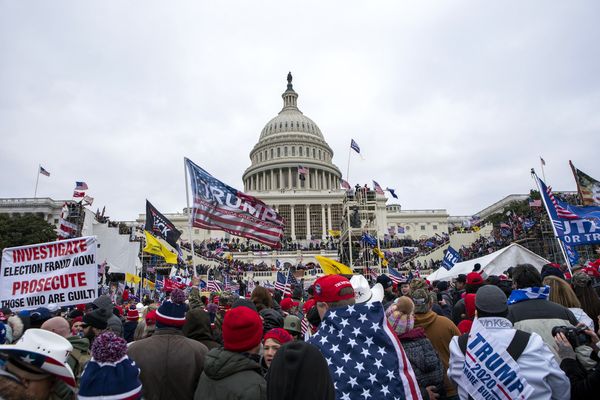
The FBI agent who oversaw the investigation of a researcher accused of illegally keeping secret work he was doing for China while employed at the University of Kansas testified Monday that he didn't learn until after the professor's arrest that he was keeping up with his grant work and actually had been honored for his high output.
Defense attorney Peter Zeidenberg called FBI Special Agent Stephen Lampe to the stand as he began trying to cast doubt on the government’s handling of his prosecution of Feng “Franklin” Tao.
He faces charges of wire and program fraud for not disclosing on conflict-of-interest forms the work he was doing for China while employed at the university. Federal prosecutors contend it was a scheme to defraud the university, the U.S. Department of Energy and the National Science Foundation.
The indictment alleges the purpose of the scheme was to benefit China by participating in its “talent plan,” which prosecutors say is designed to encourage the transfer of original ideas and intellectual property from U.S. university to Chinese government institutions.
The government accuses Tao of not informing the University of Kansas that he was selected for the Changjiang Professorship or the salary for his appointment to Fuzhou University in Fuzhou, China.
The defense told jurors during last week's opening statements that Tao was merely “moonlighting."
The case against Tao was part of what the Justice Department called its China Initiative, an effort created in 2018 to crack down on trade secret theft and economic espionage. The department in February ended the initiative following public criticism and failed prosecutions, though officials say they still intend to pursue the threat from China.
The case also has potential political overtones in Kansas, where former Assistant U.S. Attorney Tony Mattivi is now running for the Republican nomination in the state’s attorney general race. Mattivi in his campaign has touted his experience as a federal prosecutor handling terrorism cases — listing among them the Tao prosecution just before his retirement in late 2020 from the Justice Department.
In January, the department dropped its case against Gang Chen, a Massachusetts Institute of Technology professor charged in the final days of the Trump administration. Prosecutors concluded that they could no longer meet their burden of proof after they received information from the Department of Energy suggesting Chen had not been required to disclose certain information on his forms.
Tao's attorneys have argued in filings that the Chen case has “direct parallels” to their client's case in Kansas. They contend that the government did not interview anyone at the Department of Energy and the National Science Foundation about whether the agencies required disclosure of foreign talent program participation or work before indicting Tao in 2019.
Prosecutors told jurors last week that Tao “concocted an elaborate lie,” telling the University of Kansas that he wanted to do research in Germany and that he would buy out the spring 2019 semester of his teaching portion of his contract. Instead, he effectively moved to China where he worked to set up a laboratory and to recruit staff for Fuzhou University on the country’s coast. The prosecution also alleged he hid that work on U.S. grant applications.
U.S. District Judge Julie Robinson has rejected vigorous defense efforts over the years that sought to dismiss the indictment. Zeidenberg made the request again Monday, arguing that no rational juror would find grounds to convict.
“The government’s case, it fell apart as far as we are concerned,” Zeidenberg said.
He stressed that Tao was so prolific that the University of Kansas announced in April 2019 — just months before his arrest — that he was one of four faculty members that were receiving an award in recognition of their scholarly or research contributions.
He added that Viviane Schwartz, a program manager with the Department of Energy, had testified that she didn’t care that Tao was setting up a lab in China and that his second job wasn’t her concern because she wasn’t his employer.
Robinson asked the attorneys to submit their arguments in writing, with the trial to proceed while she weighs the issue.
Lampe, the first defense witness, said it “simply doesn’t work” to have a full-time position at both universities. Asked whether he knew that Tao was the most productive member of the university’s chemistry department, Lampe said that he “didn’t find it relevant.”
Zeidenberg later presented binder after binder of printed out copies of the emails Tao sent to his graduate students throughout his affiliation with the Chinese university.
“That is a lot of emails,” Lampe said repeatedly.
Zeidenberg noted that graduate students testified that more research was conducted when Tao was gone because he was “constantly on their back.”
Zeidenberg also asked Lampe why Tao was publishing research in which he described himself as affiliated with both Fuzhou University and the University of Kansas if he was trying to hide the relationship.
Tao, who was born in China and moved to the U.S. in 2002, began working in August 2014 at the University of Kansas’ Center for Environmentally Beneficial Catalysis, which conducts research on sustainable technology to conserve natural resources and energy.










